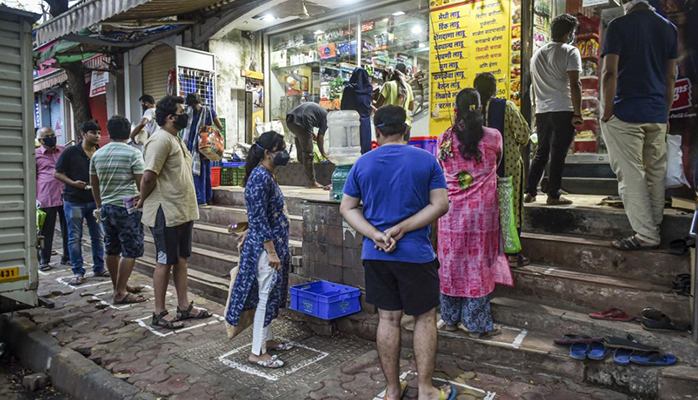
February 20, 2023
Government of India just did a sharp U-turn on allowing non-essential e-commerce to start- ostensibly under pressure from traders\' lobby. Expect howls of protests from very well educated, voluble, highly funded start-ups who have been forced to shut down.
But an even more important debate is brewing. For years, many \"experts\" have called India\'s Kirana Store based retail model as obsolete, inefficient and keeping India from getting truckloads of FDI.
But since the lock down has been announced from March 24, the messy neighborhood kirana store has become messiah !! Like a magician they have produced the goods you need the most (along with humble bhajiwala- that is another interesting story). Their shops are like \"Akshaypatras\" somehow managing to get inventory that billion dollar valuation start-ups like Grofers and Big Basket cannot manage.
How is that possible? How these Non-AI/ML driven, paper based, simply dressed humble folks have outfoxed the Softbank/Sequoia set?
So I talked to my Kutchi friends many of whose community members run these shops traditionally for decades to find the secret sauce.
Some of the \"findings\" (as if we never knew) are:
There are over 15 million kirana stores in India as per Forbes India article. Assuming an average employee strength of 2 people plus owner- that is direct employment of 45 million people and 150 million souls if you count families. That is more than population of Japan and 50% of USA and 40 times of New Zealand- just to put in perspective.
But more importantly- from supply chain point of view- that is 15 million Pick-up points and Inventory storage locations- built over decades if not century. That is 15 million \"micropreneurs\"- self-funded (They do not understand the word Equity Capital), debt free, with positive cash flow and profitable.
So start-ups can have their sunshine and toast their valuations. But this country will always run on kiranas.